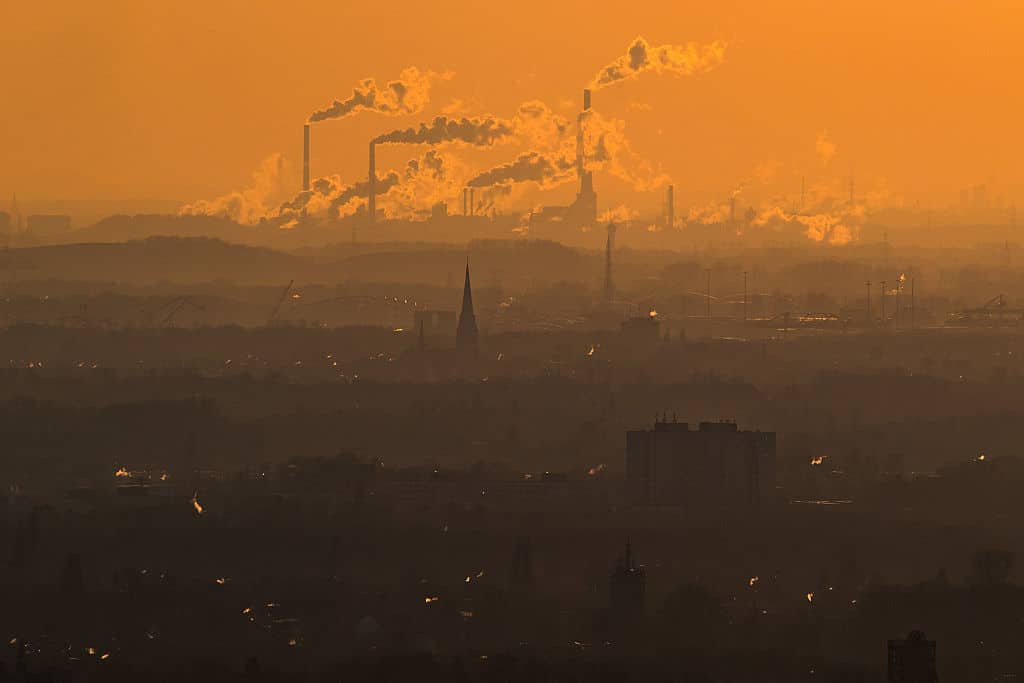KEY FACTS
This year’s global carbon emissions from fossil fuels are projected to total 36.8 billion tonnes—a 1.1% rise from 2022, according to a study published by Global Carbon Budget.
The report, compiled by an international team of climate researchers from more than 90 universities, determined that time is “running out fast” to avoid the worst impacts from climate change.
The global rise comes even after a sizable reduction in emissions from the European Union and the United States, decreasing by 7.4% and 3% respectively.
However, emissions from India are projected to increase by 8.2%, and emissions from China are expected to rise by 4%.
Loading...
KEY BACKGROUND
According to the Global Carbon Budget, emissions have largely plateaued in the last 10 years. The world did not see a significant increase compared to 2022, which also saw emissions increase by 1%. However, experts say this stabilization will not be enough to ensure emissions breach the 1.5ºC threshold—after which the earth will experience irreversible damage from climate change. The Global Carbon Budget now estimates that there is a 50% chance the world will exceed the 1.5C threshold in just seven years.
CRUCIAL QUOTE
Professor Corinne Le Quéré of the University of East Anglia’s School of Environmental Sciences said the annual changes are “not profound or widespread enough” to deter climate change. “All countries need to decarbonise their economies faster than they are at present to avoid the worse impacts of climate change,” Le Quéré said.
TANGENT
The study was released as the UN’s annual climate conference, COP28, takes place in the United Arab Emirates. COP28 president-delegate Sultan Al Jaber, the CEO of the UAE’s state-run oil and alternative energy companies, has faced steep criticism since the conference began. Last week, leaked memos appeared to show Al Jaber was using the conference to pursue more oil and natural gas deals. On Sunday, comments Al Jaber made at a SHE Changes Climate summit on November 21 attracted further criticism. “There is no science out there, or no scenario out there, that says that the phase-out of fossil fuel is what’s going to achieve 1.5C,” Al Jaber said, in remarks first reported on by the Guardian. The COP28 president’s beliefs seem to directly conflict with the UN’s stated position on meeting the threshold. “The science is clear: the 1.5-degree limit is only possible if we ultimately stop burning all fossil fuels,” UN Secretary General Antonio Guterres said in an address at COP28. “Not reduce. Not abate. Phase out.”
Loading...
